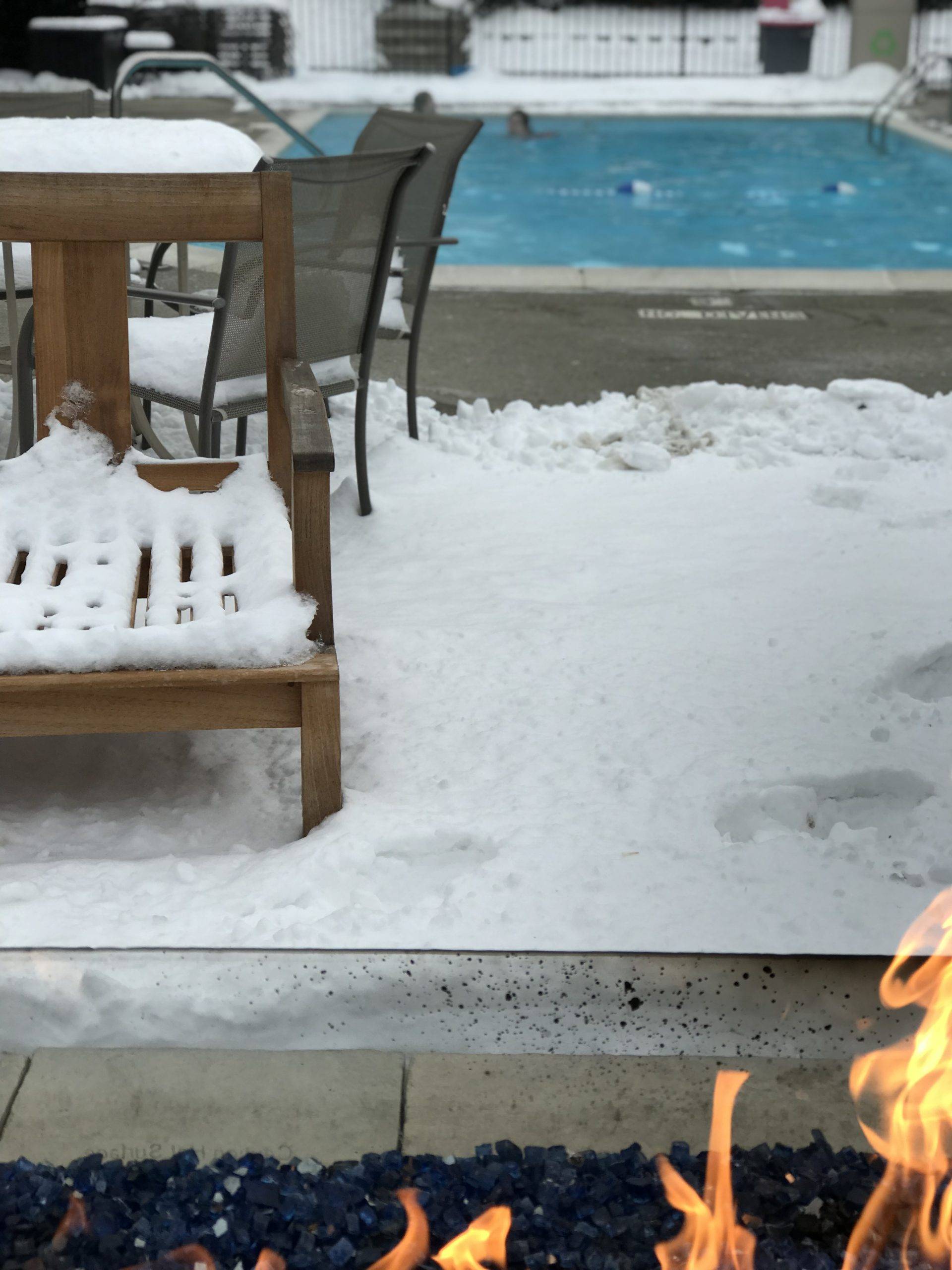Folks, I have been a devotee of TFP for the last six years of owning my ancient Sylvan pool in the Philly area, but now I need help. My wife and I have finally decided that life is too short for an unheated pool. Our pool is heavily shaded and only gets sun part of the day anyway. As a result, it is frequently too cold for adult comfort even in the dog days of summer. Night swimming is almost impossible. We'd also like to extend the swimming season from April/May to September/October. Currently we are June-August only.
We are now looking to put in a heater. Gas would mean paying someone to run gas to our mechanicals (no estimate yet, but it's probably 75 feet). Electric is already there, obviously. I'm really struggling to understand when one is cheaper than the other. What are the factors? Who has had good/bad experiences with one or the other?
Thank you all in advance! This board is amazing and has saved my pool many times.
We are now looking to put in a heater. Gas would mean paying someone to run gas to our mechanicals (no estimate yet, but it's probably 75 feet). Electric is already there, obviously. I'm really struggling to understand when one is cheaper than the other. What are the factors? Who has had good/bad experiences with one or the other?
Thank you all in advance! This board is amazing and has saved my pool many times.



